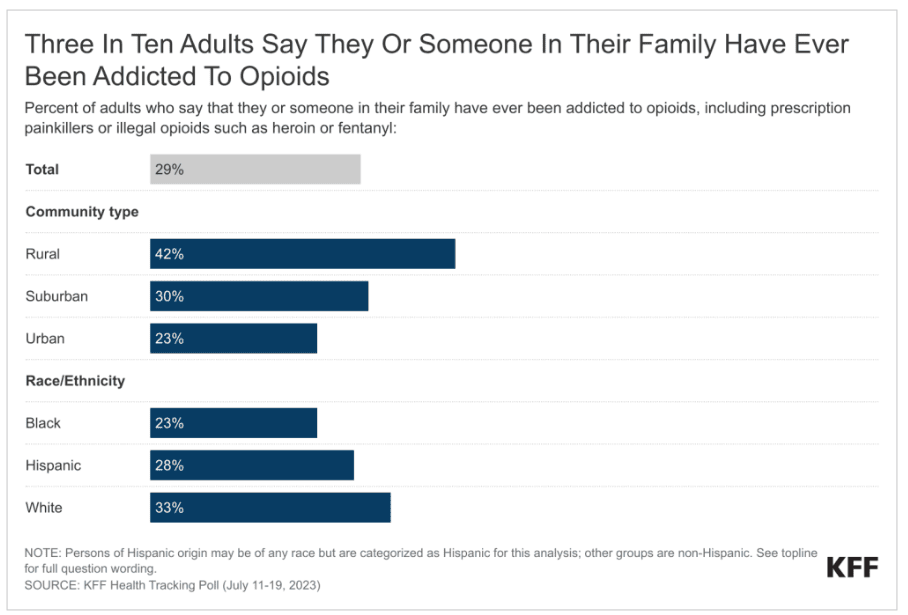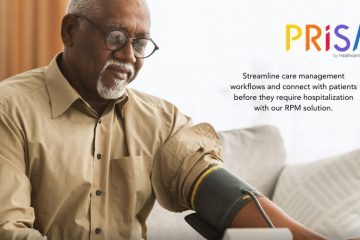
The opioid crisis continues to impact families and communities across the country. A recent Kaiser Family Foundation poll found that 3 in 10 U.S. adults, and as many as 42% in rural areas, have someone in their family struggling with opioid dependence.
The good news is that 90% of those polled supported increasing access to opioid use disorder treatment programs in their communities. At Healthcentric Advisors, we are engaged in supporting efforts to reduce opioid overdoses and ensure access to medications for opioid use disorder (MOUD) throughout New England. Our strategy focuses on reducing harm without compromising appropriate pain management.
Our Work to Combat the Crisis:
Developing Resources for Long-Term Care Partners
Healthcentric advisors partnered with Abt Associates and the Massachusetts Department of Public Health to develop a tool kit to support long term care facilities in managing residents admitted with substance use disorder. The tool kit provides adaptable policies and procedures on admitting residents, accessing medications for OUD, partnering with Opioid Treatment Programs (OTPs), and other community resources, and ensuring there is a policy for having naloxone on hand in case of an overdose. In addition to the toolkit, there is an online course available to MA LTCFs with six modules covering various topics including how to care for residents with SUD, how to reduce stigma, and overdose prevention. The toolkit can be accessed from the MA DPH website here.
Informing State Policies
Our seasoned leaders participate in stakeholder meetings, state-led workgroups, and coalitions. We stay informed on state initiatives to reduce overdoses and share best practices to guide effective policies and programs.
Connecting Community Partners
Supporting efforts to utilize peer recovery coaches in emergency departments (EDs) has been one way to bridge the gap for individuals transitioning from the ED to community services. Safe stations, which are fire stations throughout New England, provide a “safe” environment for people to speak with trained staff and get connected to treatment support and services in their communities. Healthcentric Advisors has also been a proponent of harm reduction centers where individuals can safely use illicit drugs. Being active in the communities and connecting our partners and stakeholders improves access to services and treatment for those ready for recovery. Meeting individuals where they are is key.
Drug Take Back – A Community Collaboration
Recognizing the importance of community involvement in tackling the opioid crisis, National Drug Take Back Day on April 27, 2024, offers a crucial opportunity for collective action. As this day approaches, it’s essential to remind patients and community partners of its significance. Drug Take Back Day provides a safe and convenient way to dispose of unused or expired medications, helping to prevent their misuse. Here are some tips for preparation:
- Check your prescriptions and gather leftover medicines
- Keep a list of current medications
- Secure the medicines until Take Back Day
- Visit https://www.fda.gov/drugs/disposal-unused-medicines-what-you-should-know/drug-disposal-drug-take-back-locations to find a drop-off location near you
Let’s come together in our commitment to combat opioid misuse. Should your organization require support or assistance in this critical endeavor, please feel free to reach out to us.





